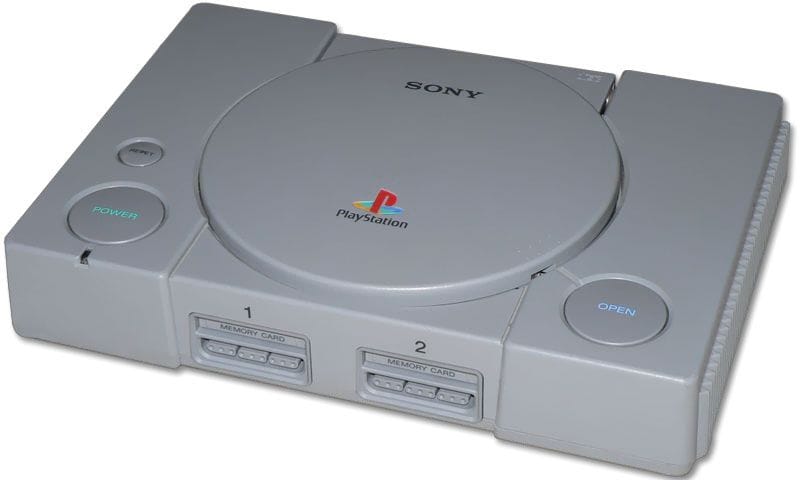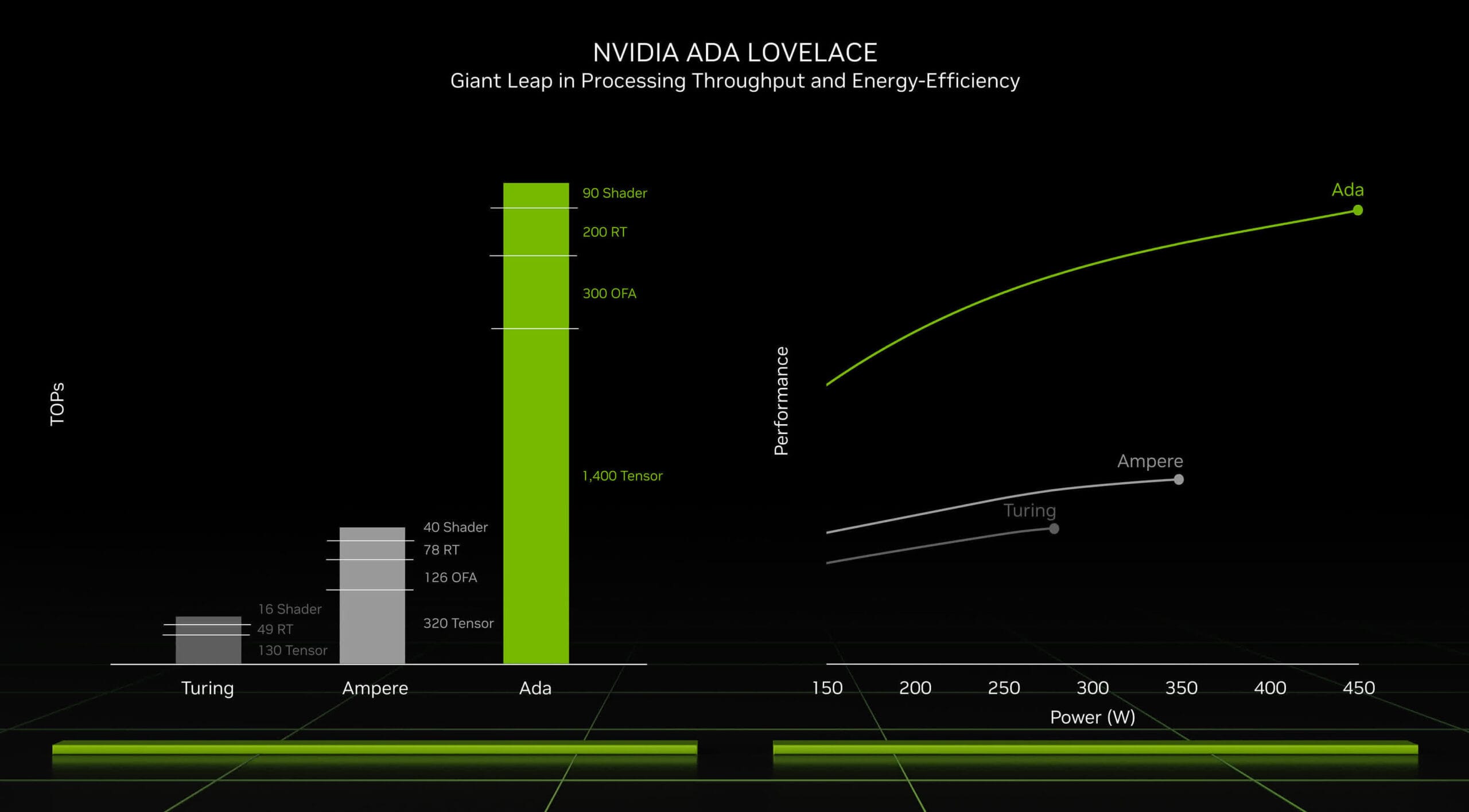Sony’s PlayStation Network (PSN), the platform supporting millions of gamers worldwide, experienced a major disruption recently, leading to a nearly 24-hour outage that caused significant frustration among users and ripples in the digital economy. The issue began Friday night and extended into Saturday evening, with Sony confirming the restoration of services late on the following day.
The disruption affected PSN functionalities across multiple domains, including online gameplay, social features, the PlayStation Store, and video streaming. None of Sony’s devices or platforms—ranging from the older PlayStation 3 to the more recent PlayStation 5—were spared. This prolonged outage marks one of the platform’s most significant disruptions in recent years.
Gamers, relying heavily on PSN for multiplayer access and digital downloads, took to various social media platforms to voice their concerns. Beyond the expected frustration, users expressed concern about dependency on digital platforms for accessing purchased content. Comments such as “PlayStation Network is down, and I can’t even play the games I rightfully own!” shed light on the broader conversation about digital rights management (DRM).
This outage took not only a toll on individual gamers but also on Sony’s corporate standing. Analysts note a tangible drop in Sony’s stock during the outage, reflecting investor concerns over service reliability. This serves as a reminder of the economic stakes tied to platform integrity in today’s interconnected, gaming-driven global economy.
PSN services were restored late Saturday night, with an official statement from PlayStation. “Network services have fully recovered from the operational disruption,” the statement informed, apologizing for the inconvenience caused. Demonstrating an acknowledgment of the users’ endurance through the disruption, Sony has opted to offer all affected members five additional days of access to their online services.
Although specific technical weaknesses behind the outage remain unconfirmed by Sony, the situation reignites debates concerning the robustness and security of online networks in the gaming industry. Outages of this scale, previously attributed to server overloads, external hacks, or even scaled-back maintenance, often demand more transparency from service providers.
This incident left room for some creative responses during the downtime. Ironically, companies from unrelated sectors, such as Krispy Kreme, used the situation as an advertising opportunity, offering free donuts under the tagline “Servers may go down, but sweet rewards don’t.” While many enjoyed light-hearted diversions like these, the greater digital community—the backbone driving such services—was challenged to provide solutions ensuring reliable connectivity and security in the future.
Overall, this interruption highlights the intricate risks associated with reliance on vast network infrastructures. For gamers themselves, there remains an uneasy awareness of potential future interruptions that might again test the resilience of companies like Sony. As streaming games and cloud-based advancements evolve, questions around ownership rights, full-service reliability, and the implications of digital-only markets become all the more urgent for the sector’s stakeholders.
Sony, while now having mitigated the technical issues at hand, has yet to address larger consumer concerns well-drawn from incidents like this week’s outage. As the gaming economy dynamically expands and industry leaders channel efforts into growing multiplayer arenas, these events emphasize the undeniable necessity for unwavering operational stability. PlayStation’s commitment to user satisfaction, supported by compensatory measures like the extended membership offer, is, nevertheless, a commendable move. However, long-term strategies to prevent such future disruptions are essential for PlayStation to reaffirm consumer confidence and secure its operational legacy.



